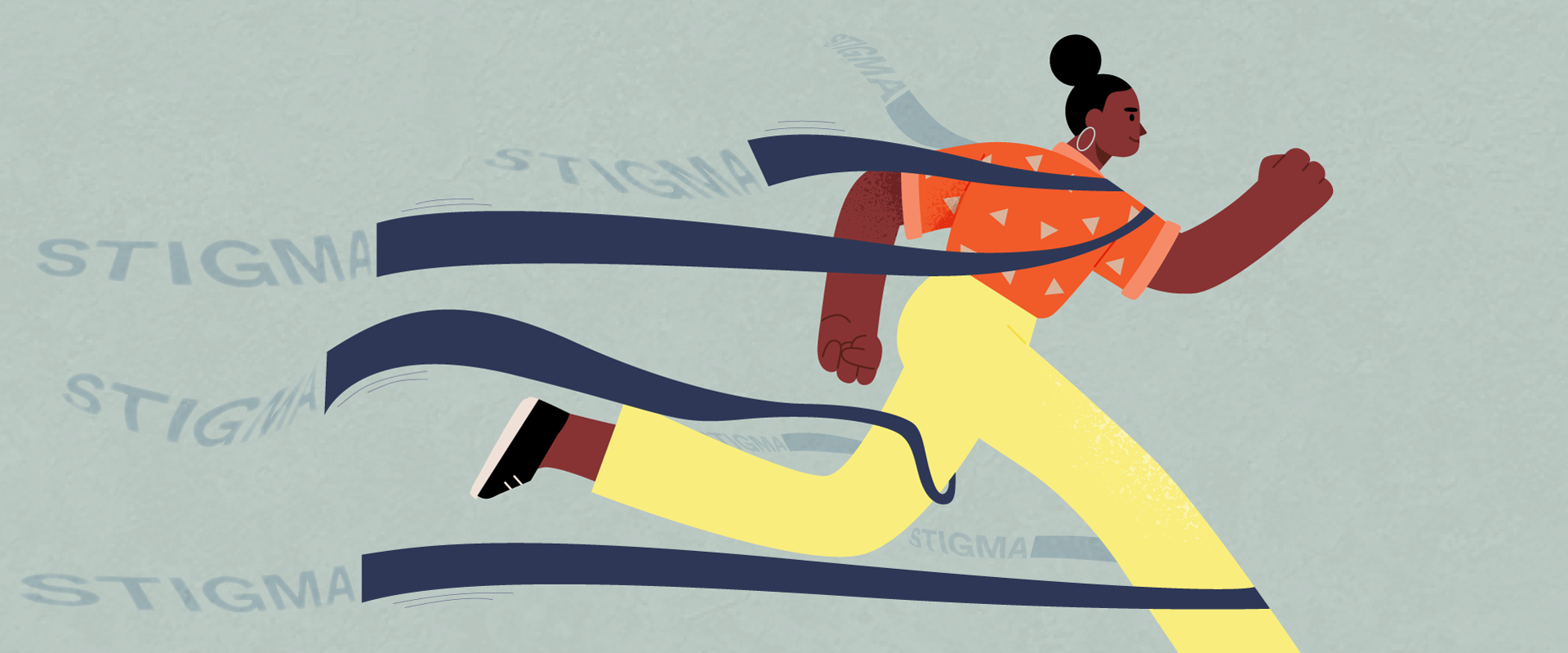Research shows what abortion stigma is costing us
Across the world, abortion stigma works to shame and discredit those seeking or providing abortion—causing needless suffering every day for millions of people who consider or support this personal health-care decision.
In collaboration with partners at Rutgers University and London School of Economics, Ipas conducted a comprehensive review of research from around the world on the impact of stigma on abortion access. Our findings identified global abortion stigma trends that make quality abortion care harder to access and limit people’s ability to get the accurate information and social and financial support they need.
“These findings confirm that abortion stigma and a negative public perception of people associated with abortion is very common,” says Brittany Moore, scientific and technical division advisor for Ipas. “For many people, seeking an abortion means facing isolation and judgement at every step toward getting the care they need, but it doesn’t have to be this way. We can begin to dismantle pervasive abortion stigma if we intervene at the individual, community and society level.”
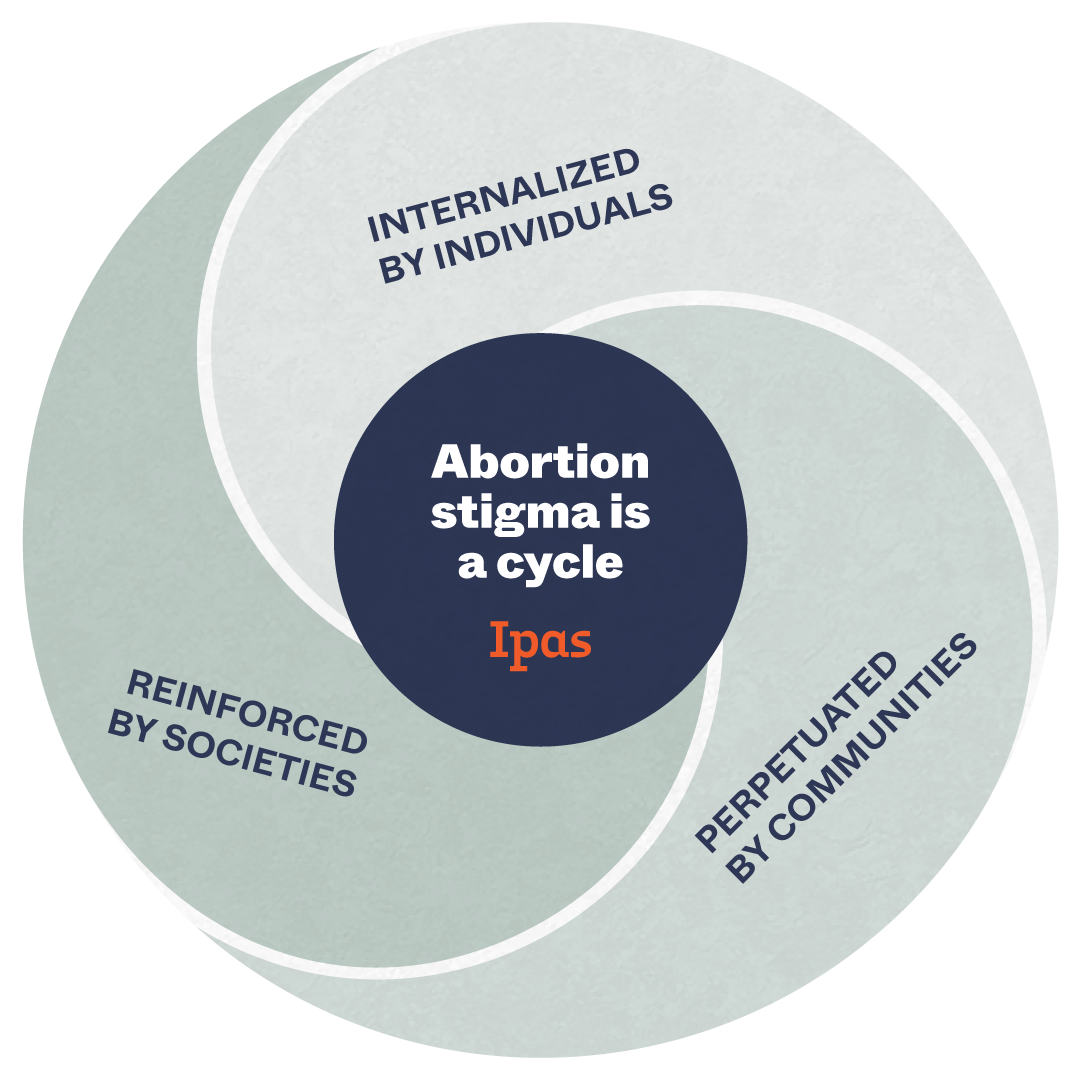
A STIGMA-FREE WORLD WOULD LOOK LIKE THIS
Social and financial support
Accurate and available information
Affordable services from ethical health systems
Swift treatment from supportive providers
Plenty of local quality care is available
Social and financial support
Without abortion stigma, people considering and seeking an abortion would feel safe to confide in their social support network and be able to rely upon emotional and financial resources from their friends, family and community.
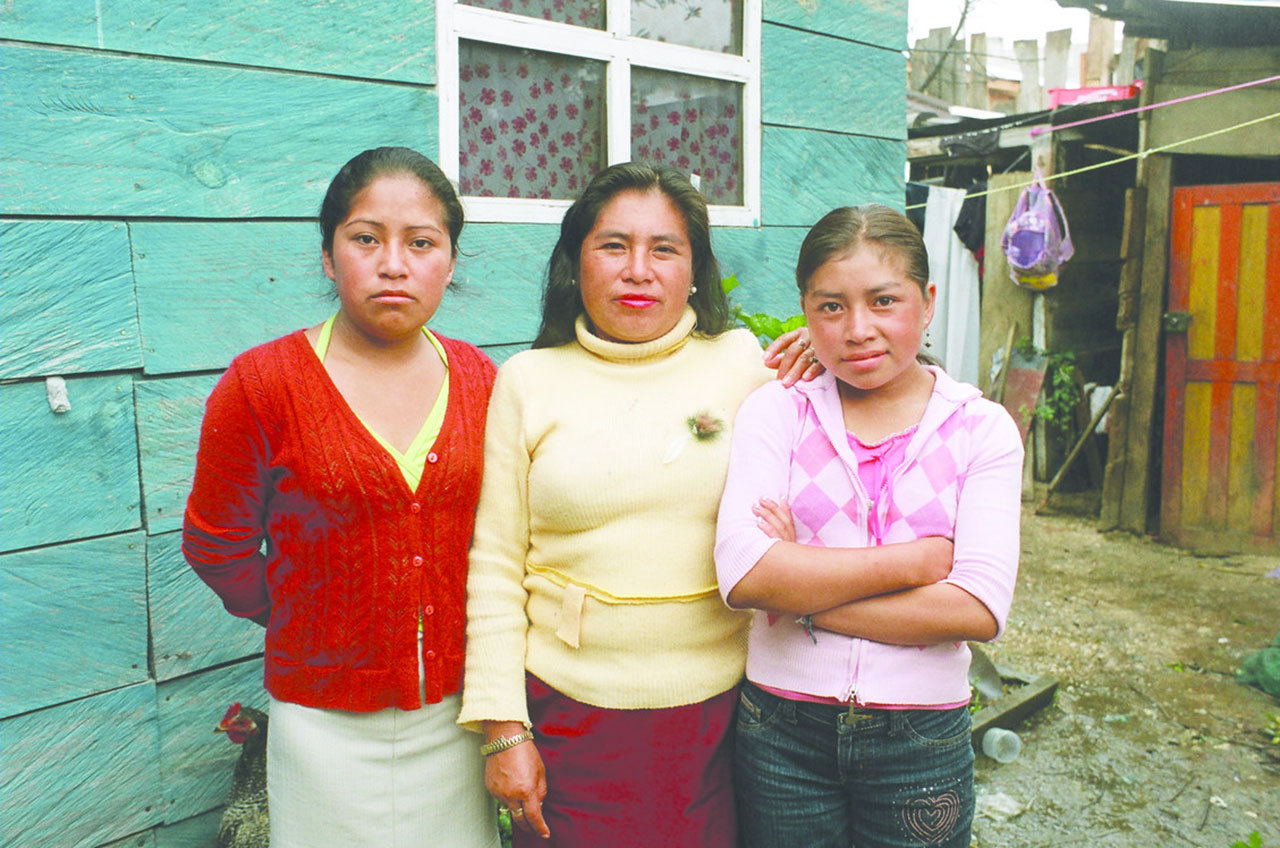
© Sara Gómez/Ipas
Current reality
Research shows that around the world, abortion stigma limits people’s ability to confide in their social support network, blocking them from the emotional and financial resources needed to access an abortion.
What people experience
One study from Indonesia interviewed a young woman coerced into an abortion by her boyfriend, who threatened to not marry her unless she ended the pregnancy. He then refused to accompany her to the doctor, unwilling to risk being associated with her abortion. The doctor not only charged an extremely expensive fee, but lectured and shamed her before the procedure. The doctor advised her to come back for a check-up, but she did not go.
When asked why, she replied, “Because I’m ashamed. Here in Lombok things like this are not yet publicly accepted, and I’m not married…I’m not brave enough to go there again.”
What we are doing about it
Through outreach, awareness campaigns and collaboration with community and government organizations, Ipas is tackling stigma that isolates abortion seekers from their social support systems.
For example, we know that men can be an important source of support for the women and girls in their lives who might choose an abortion. That’s why we work to educate men on the importance of gender equity and the crucial role they can play as partners, family members, community leaders and professionals.
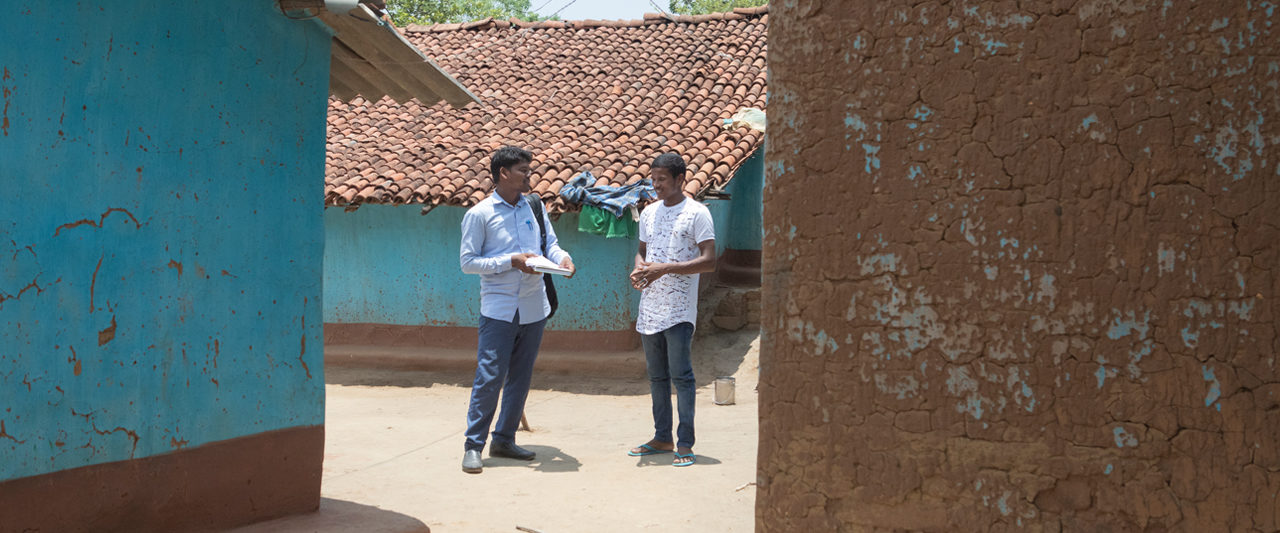
learn more
Male youth leaders in India create social change around abortion
Accurate and available information
Without abortion stigma, accurate information about abortion would be widely available—so that everyone could make informed decisions about what is best for their own lives.
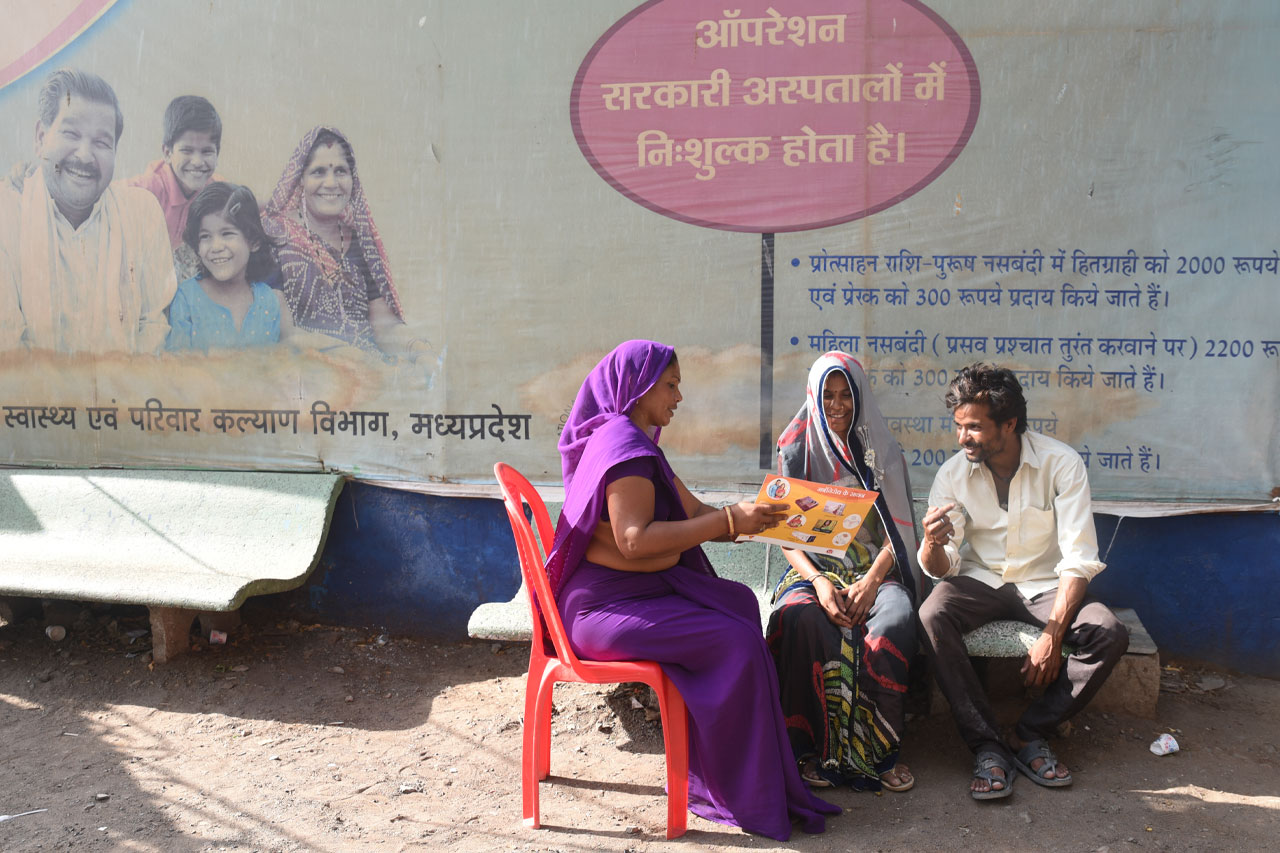
© Ipas Development Foundation (IDF)
Current reality
Research shows that abortion stigma prevents many sectors of society and individuals from sharing information about abortion—and even causes the spread of harmful misinformation.
What people experience
In a study from Colombia, lack of information about abortion services and legal rights was the most frequently mentioned barrier to abortion. Out of 17 interviewed participants, 16 did not know abortion was legal under broad circumstances in Colombia.
As one participant put it: “I [thought] that if I wasn’t raped, I wouldn’t have a right to an abortion … just because I’m not about to slit my wrists or about to jump off a bridge doesn’t mean that I’m not suffering psychologically. It manifests in various forms.”
What we are doing about it
Through comprehensive sexuality education, digital platforms and trainings for facilities, police and local organizations, Ipas strives to make accurate information available everywhere.
For example, we know that when people come to health-care staff for information on abortion, it can cause multiple barriers to abortion access when the information provided is inaccurate. That’s why we work to educate health workers and ensure they are sharing and acting upon accurate information.

learn more
Training pharmacy workers in Mexico to support self-managed abortion
Affordable services from ethical health systems
Without abortion stigma, abortion services would be legal, affordable and monitored for patient protection like all other medical services so that no one can be financially exploited by unethical providers.
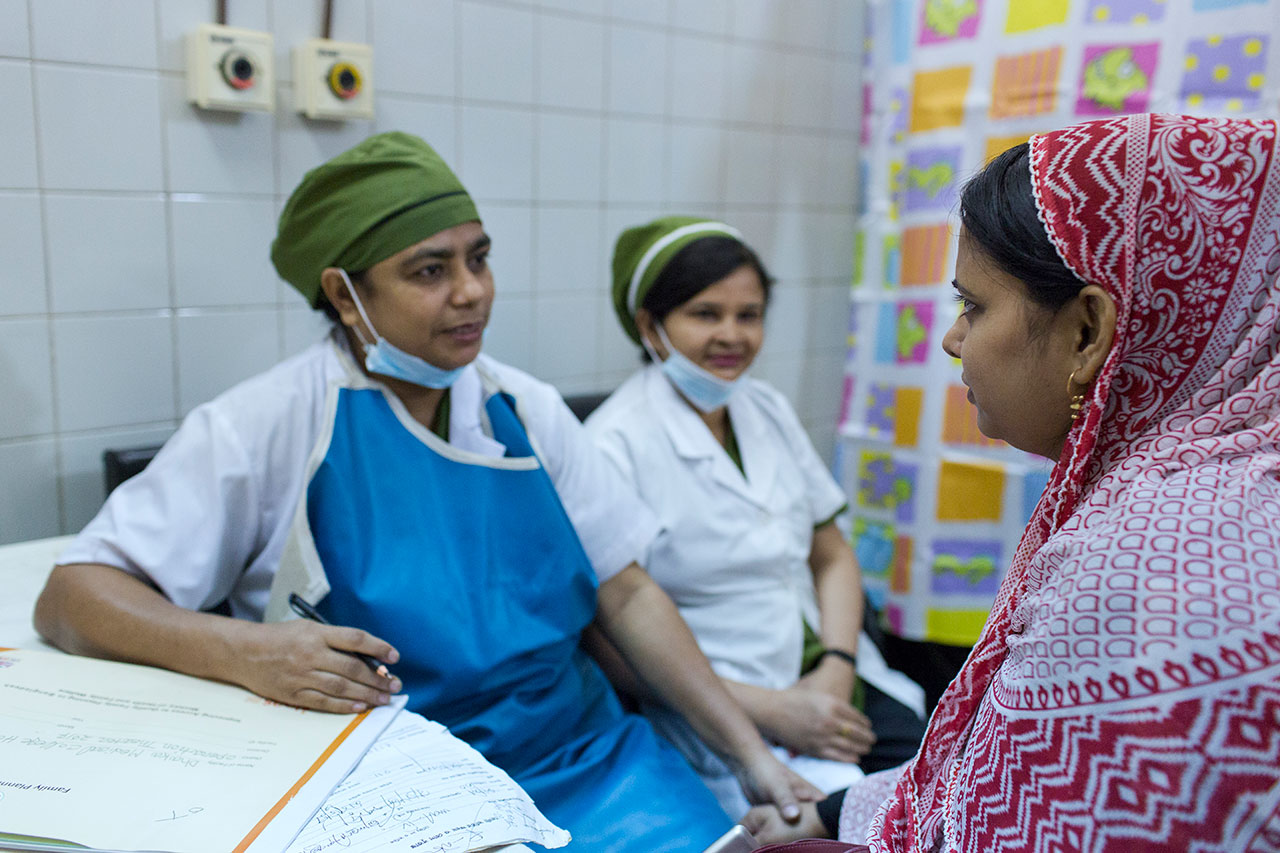
by Farzana Hossen
Current reality
Research shows that in multiple countries, abortion stigma hides financial exploitation of those in need of care, allowing unethical providers to charge expensive fees that many would struggle to pay.
What people experience
One study from Poland exposed how some doctors who refuse to provide care in the public sector will then refer women to their own private practices. The private practice of abortion services is unregulated and untaxed, which can be an appealing source of income for some providers.
As Wanda Nowicka, Executive Director of Federation for Women and Family Planning, explains: “In Poland…a pregnant woman cannot be sure whether a doctor who issues an opinion about her pregnancy is guided by what is good for her, or by his own apprehension, prejudice or interest. Doctors do not want to perform abortions in public hospitals; they are ready, however, to take that risk when a woman comes to their private practice. We are talking about a vast, untaxed source of income. That is why the medical profession is not interested in changing the abortion law.”
What we are doing about it
Through safe abortion coalitions, awareness campaigns on affordable abortion services, and advocacy for laws and policies that expand abortion access, Ipas is working to make sure quality abortion care is affordable and free from exploitation.
For example, we know that government action is key to expanding access to abortion care and other reproductive health services. That’s why we advocated for a 2018 law in Nepal that broadened legalization and ensured funding for free abortion care in public health facilities.
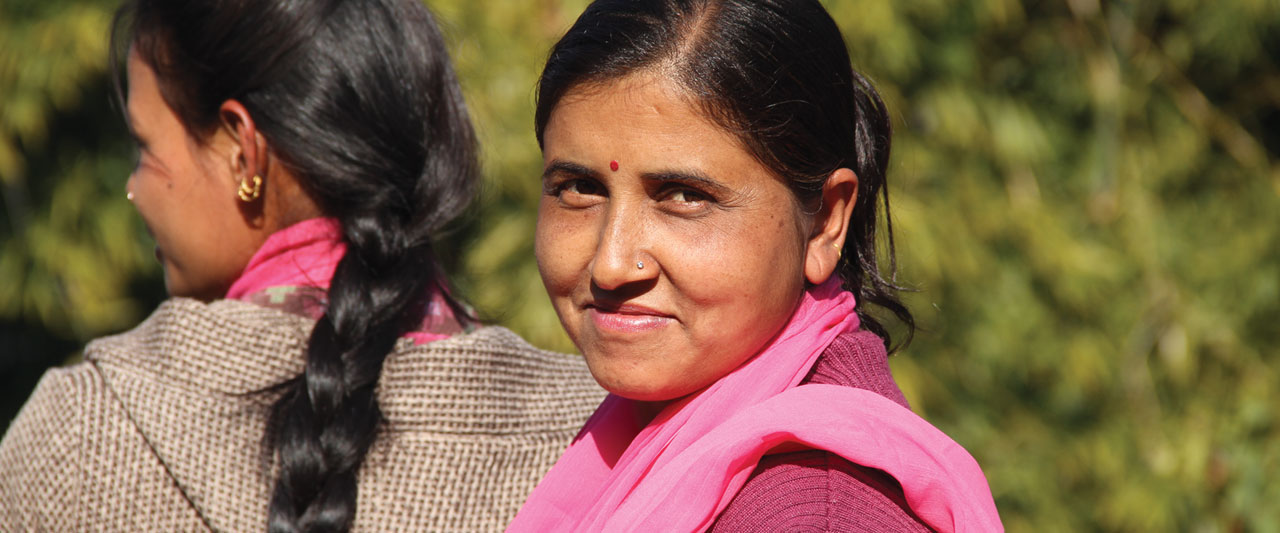
learn more
A big step toward full reproductive rights in Nepal
Swift treatment from supportive providers
Without abortion stigma, supportive health providers would prioritize the needs of people seeking abortion, preventing delays in care that could impact a person’s physical and mental health.
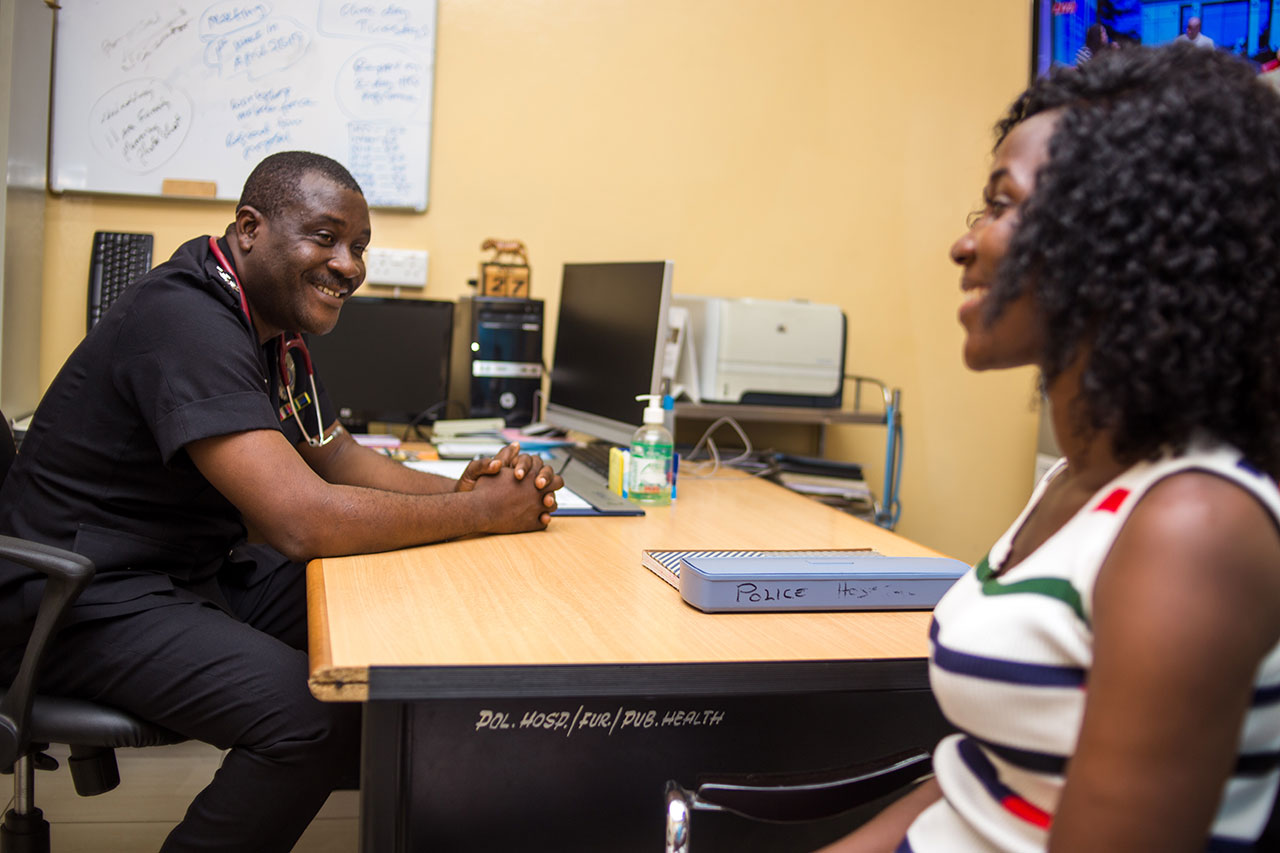
by Nicholas Seun Adatsi
Current reality
Research shows that around the world, stigma causes health providers to refuse to offer abortion services or referrals. Delayed abortion care can result in harmful physical and mental health consequences, as well as increased financial cost.
What people experience
One study in Canada shows how conscientious objection by providers can impact access to abortion, causing women to endure lengthy wait times, increased cost of travel and delayed services.
As one study participant explained, “My doctor at the time flat out said [he was] not willing to help me in any way because it was not [his] beliefs…I’ve heard of other people…they can’t get referrals from doctors to get it done in a regular hospital setting where Medicare would pay for it, because of the doctor’s personal beliefs.”
What we are doing about it
Through provider trainings, collaboration with local government partners and establishing national standards for abortion quality, we’re working to make sure quality abortion care is not delayed by unsupportive providers.
For example, we know that in crisis settings, time-sensitive sexual and reproductive health services are often not prioritized even though the need is great. That’s why we work to ensure reproductive health care is available during humanitarian crises.
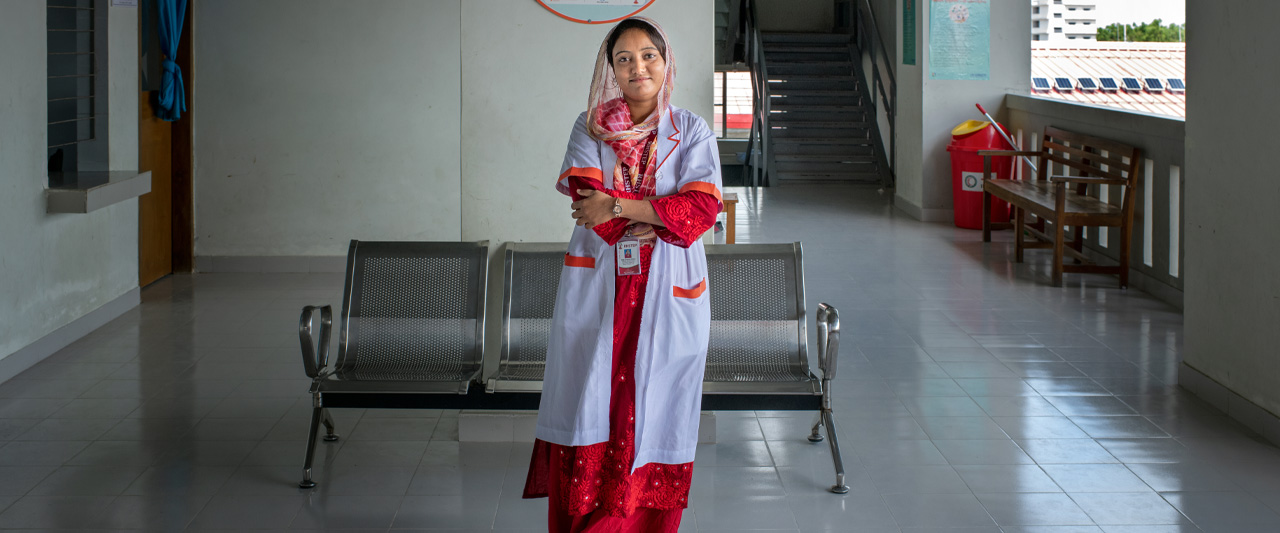
learn more
Training health workers in Rohingya refugee camps
Plenty of local quality care is available
Without abortion stigma, people in need of abortion could easily find a nearby provider because governments and health-care systems would treat abortion as the essential health service that it is.
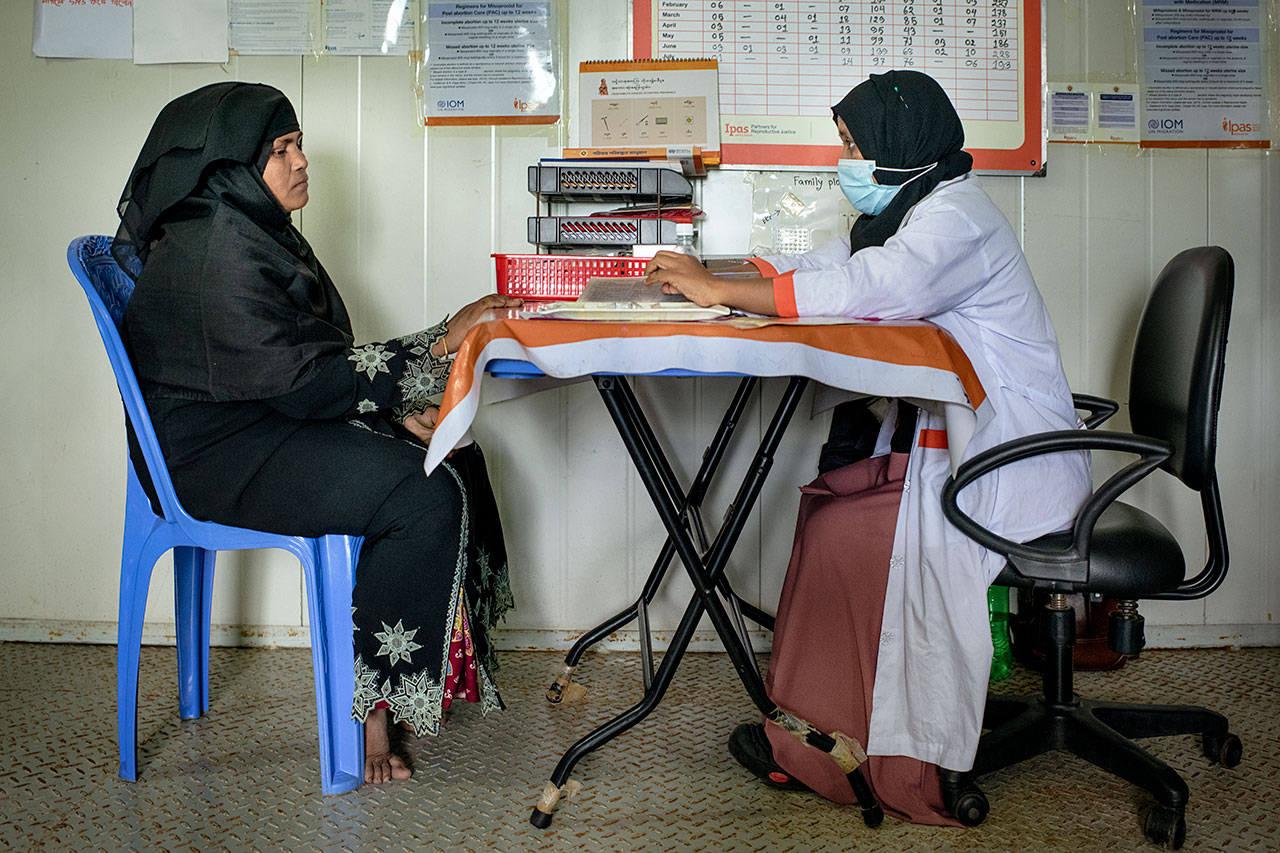
by Fabeha Monir
Current reality
Research shows stigma is making trained providers and facilities scarce because governments don’t prioritize abortion services and restrictive laws can force clinics to shut down.
What people experience
One US-based study from Texas showed the difficulties of even getting a call through to an open clinic due to a restrictive law change that forced many facilities to close. This caused the few clinics still open to be overwhelmed by the needs of neighboring counties.
As one woman who had traveled 123 miles for her abortion in San Antonio put it: “I had gotten [the number for the clinic] from the Internet and I kept calling and calling and never got an answer. So I called [another clinic], and they’re the ones that told me that we no longer have [a clinic] in our town. And then [they] gave me the number for the closest one, which was in San Antonio.”
What we are doing about it
By advocating for laws and policies that expand abortion access, reaching women in remote areas and showing how climate change impacts reproductive health, Ipas is working to make sure people can access quality abortion services—no matter where they are.
For example, we know that in places where abortion stigma greatly limits people’s access to care, abortion with pills can be a game changer. That’s why we’re committed to supporting a person’s right to have an abortion using pills—on their own, when and where they want.

learn more
Supporting the right to abortion with pills
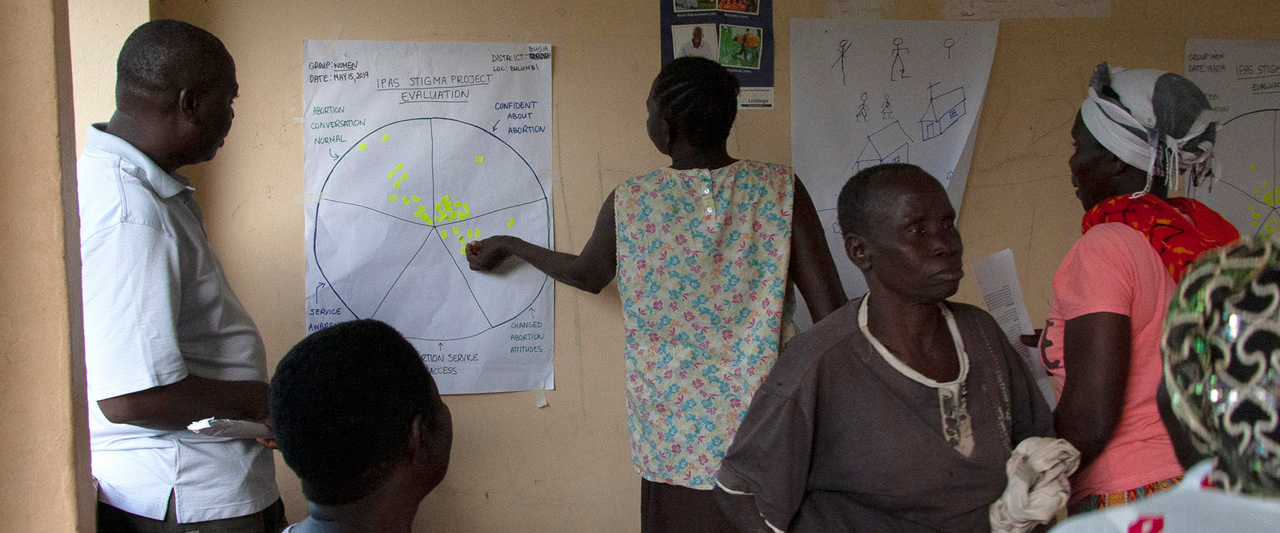
Breaking the cycle
Learn more about our work to end abortion stigma
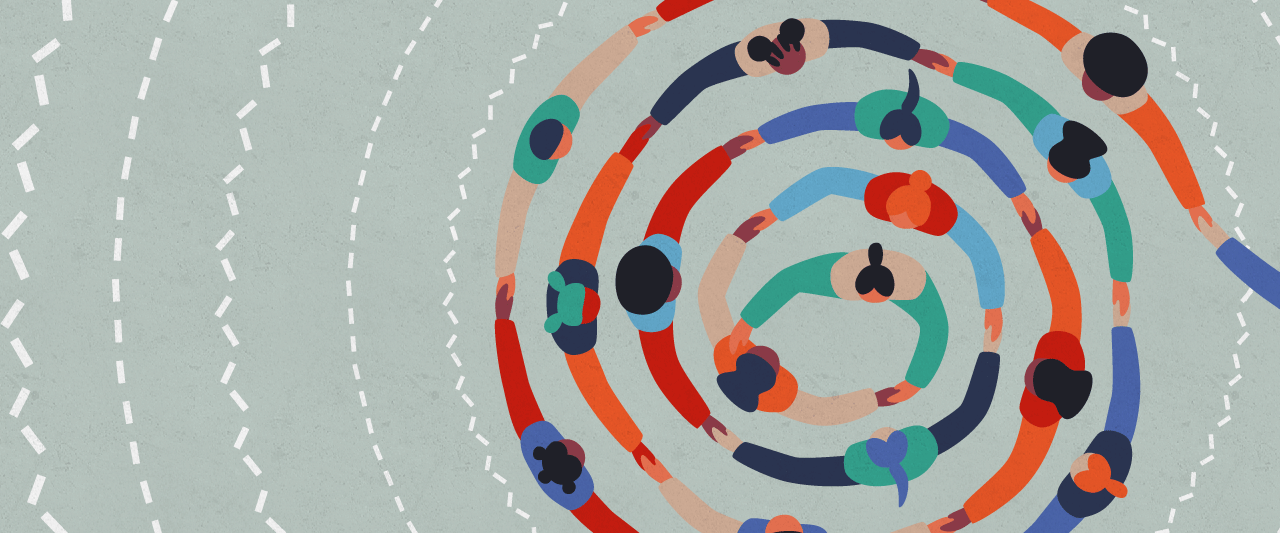
Beyond the individual
Research shows abortion access has widespread benefits
All articles in this research collection are available online through open access
- Economics of abortion: a scoping review protocol
- History and scientific background on the economics of abortion
- The microeconomics of abortion: A scoping review and analysis of the economic consequences for abortion care-seekers
- The mesoeconomics of abortion: A scoping review and analysis of the economic effects of abortion on health systems
- The macroeconomics of abortion: A scoping review and analysis of the costs and outcomes
- The economics of abortion and its links with stigma: A secondary analysis from a scoping review on the economics of abortion


